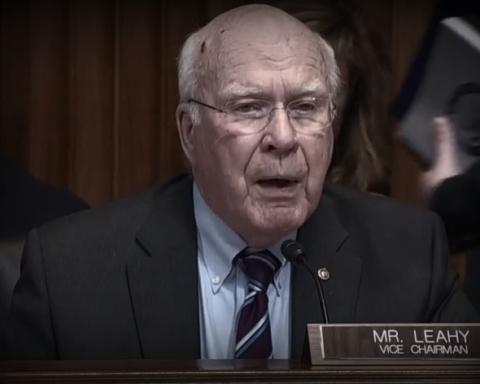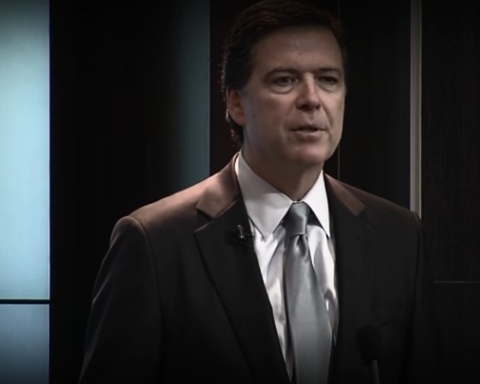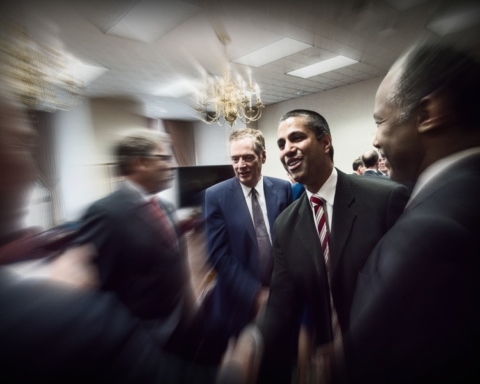A federal judge in San Francisco on Tuesday allowed a Federal Trade Commission lawsuit against AT&T to proceed, ruling that the telecoms giant’s controversial “throttling” practice is subject to a legal challenge on the grounds of deceptive marketing practices.
Ninth Circuit District Judge Edward Chen noted that other issues with the so-called “network management” technique under review as a result of the recent Obama administration policy shift on Net Neutrality are irrelevant. The case, he said, has to do with smartphone customers’ awareness of their treatment.
“Disclosures about the throttling program have been limited,” Chen wrote in an order denying AT&T’s motion to dismiss the case.
AT&T had argued that it was exempt from the FTC Act because it is classified as a “common carrier”–an argument refuted both by the agency and Chen. The carve-out was written “to prevent overlap between common carrier regulations,” the judge wrote, and thus is only applicable when “common carriage services” are material in litigation.
In July 2011, according to the FTC complaint, AT&T began secretly capping download speeds of data bought through its unlimited monthly plans after users exceeded a certain amount. In October, the FTC initially sued the company, in the words of a Courthouse News report, “for deceiving its smartphone customers by promising unlimited data plans and then throttling network speeds.”
Chen also noted that AT&T’s revelations to customers about its practices were obscured. They mostly came “in a monthly bill prior to renewal” or in “a text message and/or email,” he noted.
The wider practice of throttling, marketing practices aside, is expected to be profoundly impacted by the Federal Communications Commission’s impending ruling on Net Neutrality.
The new regulations are set to go in effect 60 days after being published in the Federal Register–a watershed event expected in “months,” according to The New York Times’ Bits blog.
Companies have been arguing that throttling should be permitted as “reasonable network management” that regulates high volume internet users. FCC representatives in early March told reporters on a conference call that it “can only be used to justify technical needs rather than practices undertaken to achieve a business objective,” according to Ars Technica.
The officials also made no note of an impending ban, and said it is up to aggrieved subscribers to file throttling complaints with the FCC.
Ars Technica noted that the AT&T plan has been described as “designed to push customers with grandfathered unlimited data plans onto newer, more expensive plans that charge automatic overage fees when customers go over their caps.”
The company, according to Ars, has argued it will alter its unlimited data network this year to only throttle “in times and places of congestion,” but is nonetheless fighting litigation that would force it to change sooner.





